
The African college of excellence in the social and human sciences
Leading by example, Unisa College of Human Sciences’ professor of psychology and incumbent of the Chief Albert Luthuli Research Chair, Puleng Segalo, received the Chancellor’s Award for Excellence in Research at Unisa’s 12th annual Research and Innovation (R&I) Awards Ceremony held on 21 April 2023.
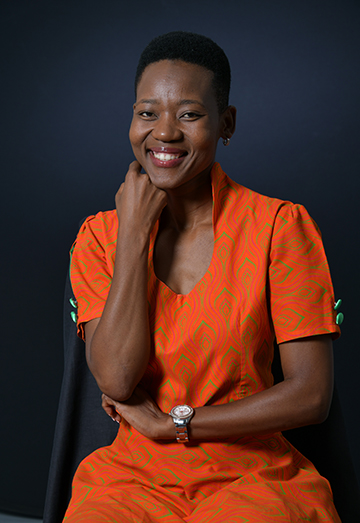
Prof Puleng Segalo
Humbled by the award, which is the highest research award at Unisa, Segalo says that it recognises her impact and sustained labour to contribute towards scientific knowledge production and grounding within communities.
Segalo further remarks: "I believe that the award acknowledges my work impact beyond academia, but also as part of engaged scholarship. I see my work as positioned at the intersection of academia and activism." She adds: "The award further encourages me to continue the decolonial project of reimagining and rethinking knowledge."
Segalo set the bar high numerous times. In 2014, she received the Women in Science Awards (WISA): Distinguished Young Woman in Science, and gained South African Young Academy of Science (SAYAS) membership in 2016. Among others, she previously received the Y- and C2-rating by the National Research Foundation (NRF). Further, Segalo was the recipient of the 2021 World Academy of Sciences (TWAS) Regional Award for Public Understanding and Popularisation of Science. The prestigious TWAS award is aimed at fulfilling the academy’s objective of recognising, supporting and promoting scientific capacity and excellence in the developing world.
Her research highlights include being appointed as the 2023 Research Fellow at both the University of Kansas’ African Studies Center and University of Ghana’s Institute for African Studies. Also, having recently been a visiting scholar at the University of Victoria in Melbourne, Australia, Segalo asserts: "These associations have afforded me the opportunity to share my research work and learn from other scholars and community activists about multiple ways of looking at and making meaning of the world." According to Segalo, these opportunities unlock possible collaborations and exchange of knowledge and experience.
Segalo explains that her research work integrates science, aesthetics and culture to broaden the field of psychology to a deeper exploration of aesthetic methods, which she uses to tap into the psychological, relational and political experiences of black South African women. "It aims at documenting the layers of trauma within the individual and society. I was inspired to use aesthetic methods as they enable the possibility to uncover layers of unspeakable and 'hidden' traumas that so many people live with daily," says Segalo. "Therefore," Segalo continues, "my work challenges dominant forms of knowledge production within the discipline of psychology, to demonstrate possibilities of how we can think about healing and wellbeing."
Optimistic Segalo’s expertise and research foci are the intersection of psychology, gender studies, public health and visual arts. She elaborates: "My objective is to broadly engage what I term as 'everydayness of gendered trauma'." She says that she draws from visual methodologies such as embroideries to create possibilities for speaking the unspeakable. Segalo adds that she approaches these methodologies as a decolonial practice that assists in rethinking trauma engagement in communities.
Segalo notes that she is interested in the politics of care; thus, how visual artefacts can be used to weave pain, loss and hope, and apply them as tools for teaching, research and advocacy. "We need to challenge ourselves to produce meaningful work that promotes justice, dignity and respect for humanity and all life forms," concludes Segalo.
#Unisa150
* By Nancy Legodi, Acting Senior Journalist, Department of Institutional Advancement
** Photos by Unisa Multimedia Centre
Publish date: 2023-04-25 00:00:00.0
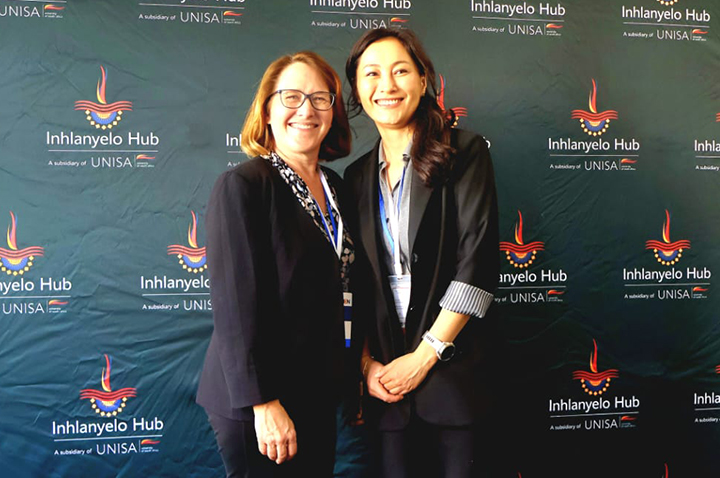 Unisa roundtable focuses on empowering SA women to lead in innovation
Unisa roundtable focuses on empowering SA women to lead in innovation
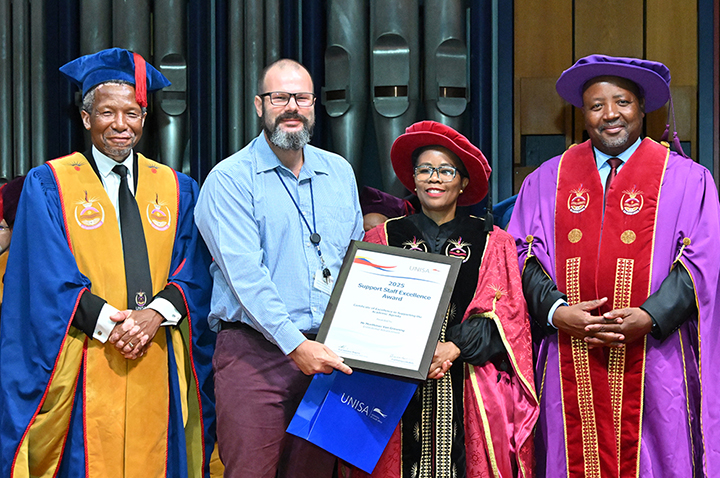 Unisan recognised for web excellence
Unisan recognised for web excellence
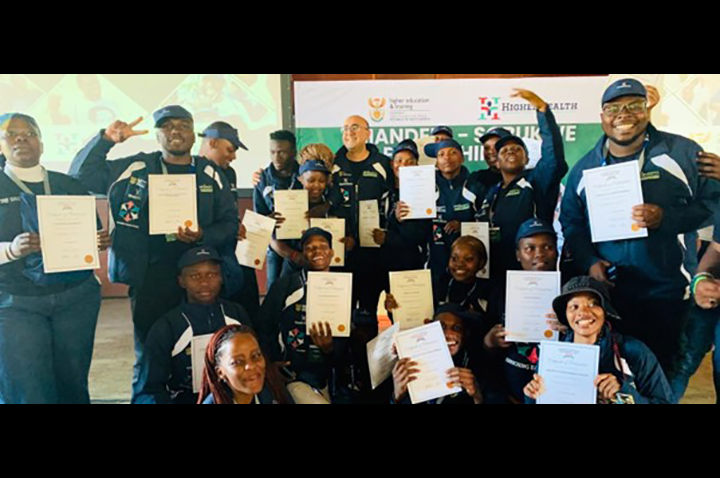 Office of the Dean of Students participates in leadership camp
Office of the Dean of Students participates in leadership camp
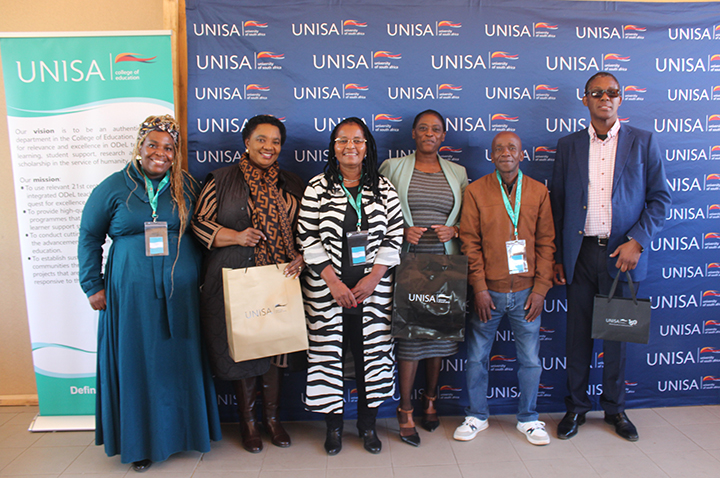 Unisa project fosters digital and pedagogical innovation in Limpopo schools
Unisa project fosters digital and pedagogical innovation in Limpopo schools
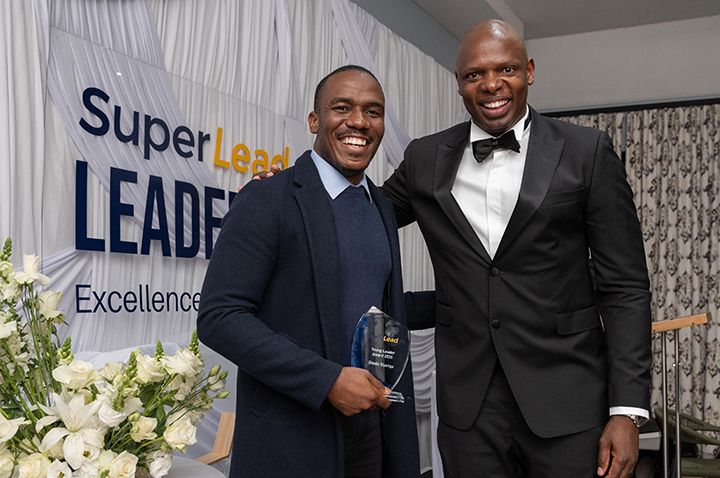 Unisa student wins prestigious national leadership award
Unisa student wins prestigious national leadership award